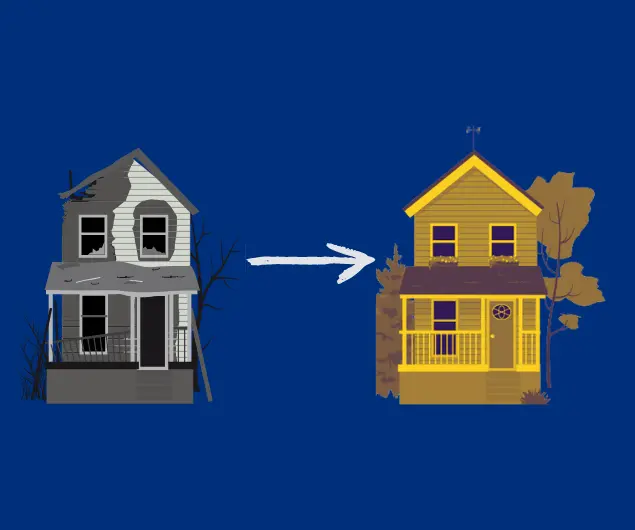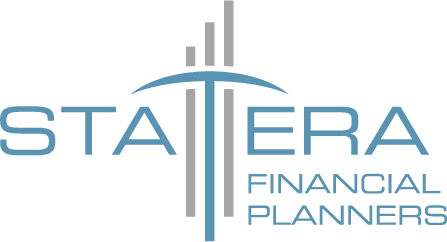Residential Property Flipping Rules

Flipping has been defined in government documents as “purchasing real estate with the intention of reselling the property in a short period of time to realize a profit.”
The government’s intent behind the new legislation which is commonly referred to as an “anti-flipping tax” is another measure to reduce the excessive price growth in housing we’ve seen in the past few years.
What is a Principal Residence Exemption?
Today, when a home qualifies as a principal residence and you sell it for a profit, capital gains realized on its disposition can be realized tax-free by claiming the principal residence exemption (PRE).
For example, if you bought their principal home for $500,000 and sold it a few years later for $600,000, the profits, under the PRE would be essentially tax-fee (not taxed as income or capital gains).
For a home to be eligible for the PRE, requirements must be satisfied, such as actually owning the home, and living in it for at least part of the year by the individual (or their spouse, common-law partner, or child.). If the main reason for owning a housing unit is to gain or produce income, for example a rental property, then you would not be eligible for the PRE.
Capital Gains Vs. Business Income on The Sale of a Property
If your property was purchased for the purposes of flipping, assignment, or buying to build and sell, your profits on the sale of the property are generally taxed as Business Income at your tax rate. If you purchased a property to generate rental income, your profits on the sale of the property would be taxed as capital gains.
Anti-flipping and the Canada Revenue Agency
The Canada Revenue Agency (CRA) has already investigates residential real estate that was being flipped or assigned and not properly reported as business income. Essentially, house flippers have been using the Primary Residence Exemption to avoid or reduce taxes.
The new tax law puts an end to using the PRE as an option and will flat-out disallow the use of the principal residence exemption to shelter the capital gain realized on the sale of your home if you’ve owned it for less than 12 months.
Essentially, under the new tax law, anyone who sells a property which they owned for less than 12 months (specifically, 365 consecutive days) will be considered to have “flipped” the house and any profits from the deal will be taxed as business income.
This means the gain, less any associated expenses will be fully taxable in the year of the sale, just as though the seller earned the money in other employment.
Exceptions include a certain number of life events including the death of the individual or a related party, an addition to a household, breakdown of a relationship, a threat to personal safety, serious illness or disability, work relocation or termination, insolvency or destruction or expropriation of the home.
Since every situation can be specific, this article should not be relied upon as legal, financial, or tax advice. We strongly encourage you to speak with a qualified accountant to determine specific implications, if any, to your situation.
Read more from the Government of Canada's Website here

As financial planners, we do not provide specific tax and legal advice. You should always consult your accountant and/or lawyer where necessary. Because of the many ways a strategy may be impacted when segmented, we prefer to communicate collectively with your external professionals to ensure that all recommendations and action plans are in the overall best interest of you, with your professionals working with common goals in mind.
You are never obligated to act on our recommendations of products, services, or advice.
